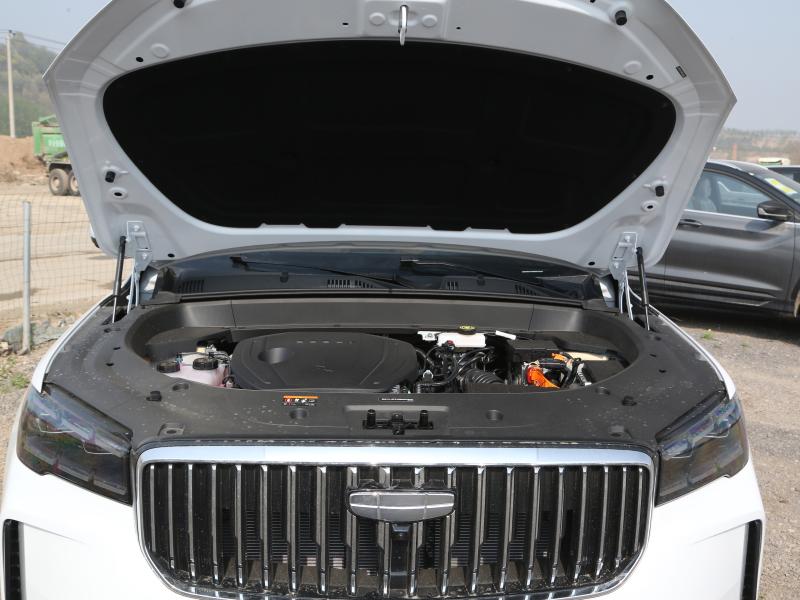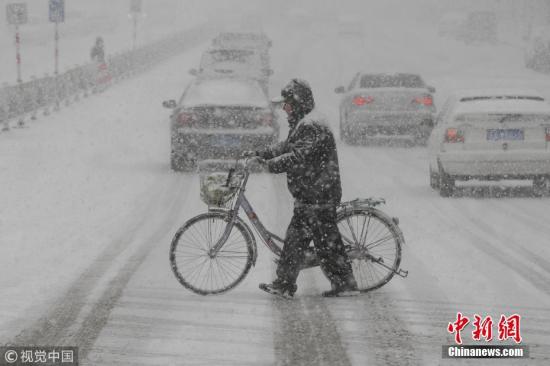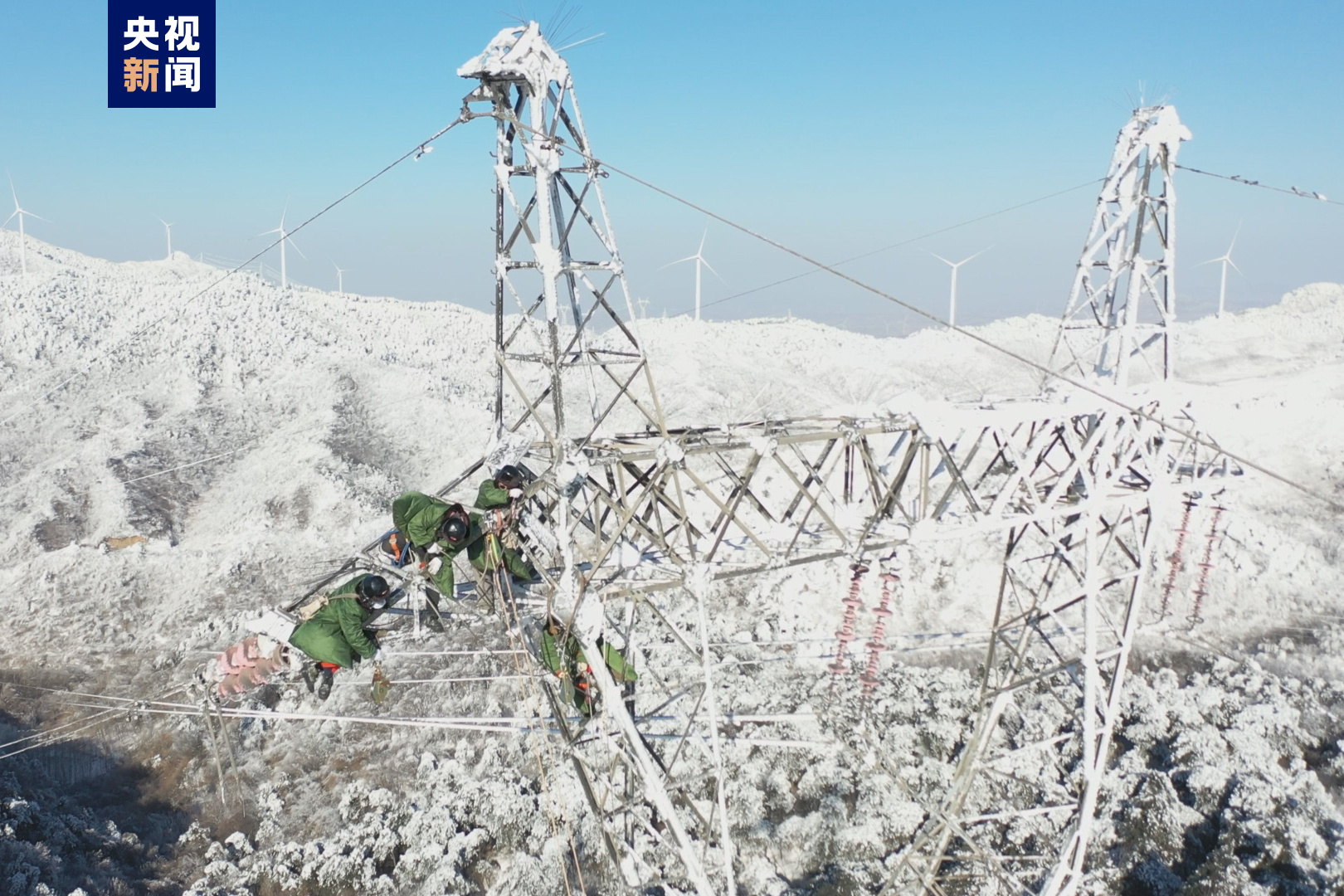BEIJING, Beijing, August 1 (Reporter Li Jinlei) After the economic data of China were released in the first half of the year, the State Council Office held a series of heavy press conferences in succession, inviting officials from various departments to deeply interpret the economic situation in China, during which a series of important signals about China’s economy were conveyed, which was worthy of attention.
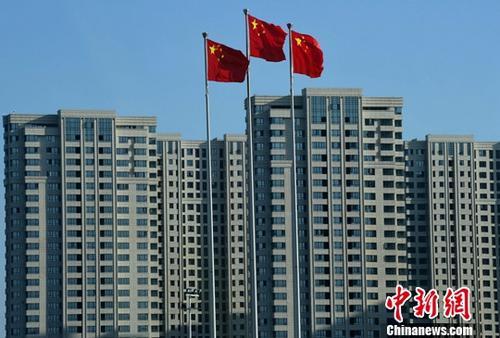
Signal 1: Optimistic about the economic trend of China in the second half of the year.
— — It is expected that the steady and positive trend will be further expanded.
In the first half of the year, China’s economy grew by 6.9% year-on-year, and the main indicators were better than expected. Now, people from all walks of life are very concerned about whether China’s economy will continue this positive trend in the second half of the year.
In this regard, Xing Zhihong, spokesperson of the National Bureau of Statistics, made it clear that under the background of the in-depth implementation of supply-side structural reforms and the acceleration of the innovation-driven development strategy,In the second half of the year, the positive changes in China’s economic operation will continue to increase, and the stable and positive development trend will be further consolidated and expanded.
For the above judgment, Xing Zhihong gave four reasons: First, the development of the real economy is getting better, and the foundation of economic development is constantly consolidating; Second, the demand is steadily expanding, and the driving force of economic growth is constantly increasing; Third, the vitality of micro-subjects is enhanced, and the vitality of economic growth is further enhanced; Fourth, market expectations are improving, and confidence in economic development continues to increase.
The reporter noted that some international organizations, such as the International Monetary Fund (IMF) and the Organization for Economic Cooperation and Development (OECD), have recently raised the expectations of China’s economic growth rate. Among them, the IMF raised China’s economic growth forecast this year and next by 0.1 and 0.2 percentage points to 6.7% and 6.4% respectively. This is the third time this year that the IMF has raised China’s economic growth forecast for 2017.
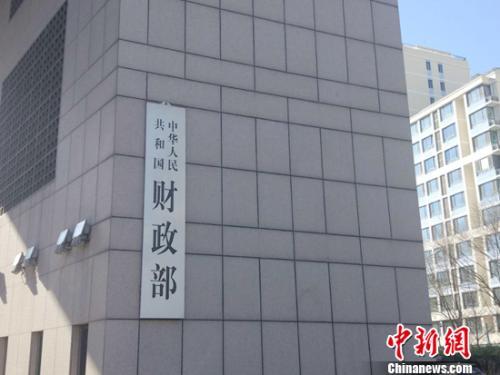
Signal 2: Strictly manage the local debt problem
— — Strictly control the increment of local government debt.
The reporter noted that the National Financial Work Conference held in mid-July proposed to strictly control the increase of local government debt, hold accountability for life, and investigate the responsibility. The the Political Bureau of the Communist Party of China (CPC) Central Committee meeting held on July 24th also proposed to actively and steadily resolve the accumulated local government debt risks, effectively regulate the local government’s debt financing, and resolutely curb the hidden debt increase.
“The Central Committee of the Communist Party of China and the State Council clearly put forward to strictly control the increase of local government debt, and sent a signal of strict control.Wang Kebing, deputy director of the Budget Department of the Ministry of Finance, said that the Ministry of Finance will resolutely implement the decision-making arrangements of the CPC Central Committee and the State Council, always adhere to the management idea of "opening the front door and strictly blocking the back door", and constantly improve the standardized local government debt financing mechanism.
Wang Kebing introduced many regulatory measures: First, reasonably determine the local government’s debt ceiling in accordance with legal procedures; Second, steadily promote the reform of special bond management; Third, accelerate the market-oriented transformation of financing platform companies and divest the government financing functions of financing platform companies; Fourth, resolutely regulate the borrowing behavior of local governments according to law; The fifth is to increase the accountability for the investigation and punishment of illegal financing guarantees, and find them together, investigate them together, and be accountable together.
"We believe and insist on ‘ Open the front door and block the back door ’ With comprehensive policies, the control of local government debt risks can still be done better. " Vice Minister of Finance Liu Wei said.
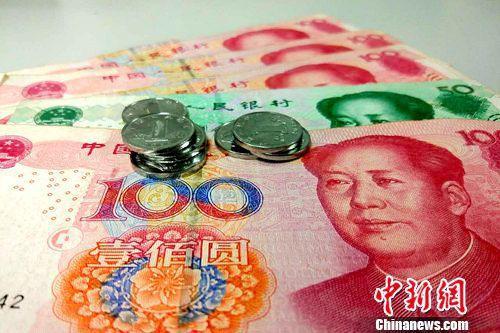
Signal 3: Avoid irrational foreign investment.
— — Foreign investment in real estate, cinemas and other fields should be carefully decided.
Last year, the problem of irrational foreign investment by some enterprises was more prominent. Qian Keming, Vice Minister of Commerce, said that in response to this problem, the Ministry of Commerce and relevant departments carried out authenticity and compliance audits to guide enterprises investing abroad to enhance their awareness of risk prevention and promote the healthy and standardized development of foreign investment. In the first half of the year, foreign direct investment was 331.1 billion yuan, down by 42.9%, and irrational foreign investment was effectively curbed.
"We will work with relevant departments to prevent foreign investment risks and ensure the healthy, standardized and orderly development of foreign investment.Especially for foreign investment in real estate, hotels, cinemas, entertainment and sports clubs, we suggest that relevant enterprises should make prudent decisions and guard against risks."Qian Keming said.
Does this mean that enterprises are not encouraged to "go global"? In this regard, Qian Keming stated that the China Municipal Government encourages China enterprises with strength and conditions to "go global", and this policy has not changed and will not change. In particular, it encourages the Belt and Road Initiative, international capacity cooperation and foreign investment that is conducive to the upgrading of domestic industrial structure, including the gradient development of industries in the East, West and China.
Long Guoqiang, deputy director of the the State Council Development Research Center, believes that the policy direction of the China government to encourage the combination of "bringing in" and "going out" and support China enterprises’ foreign investment will not change. Although it declined in the first half of this year, China’s status as a big foreign investment country will not change.
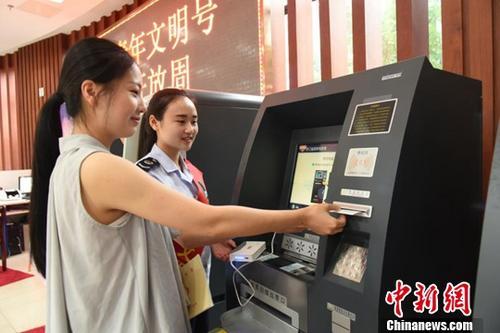
Signal 4: further improve the foreign investment environment
— — China is still one of the most popular investment destinations for multinational companies.
What is the current investment environment in China? Do you still make money by investing in China? For this issue, foreign-invested enterprises in China have the most say.
"At present, it is understood that most foreign-funded enterprises are operating well in China and are still full of confidence in investing in China." Qian Keming revealed that, for example, the 2017 China Business Report released by the American Chamber of Commerce in Shanghai showed that in 2016, 77% of American companies surveyed and interviewed made profits in China, up 6 percentage points from 2015. 73.5% of enterprises’ income increased, up by 12 percentage points over 2015. In other words, more and more money is made.
The reporter found that several important meetings recently put forward measures to further improve the business environment. For example, the 16th meeting of the Central Leading Group for Finance and Economics held on July 17th proposed to improve the investment and market environment, speed up the pace of opening to the outside world, reduce the operating cost of the market, and create a stable, fair, transparent and predictable business environment; The the State Council executive meeting held on July 28th arranged to increase the introduction of foreign capital and create a higher level of opening-up environment.
"According to UNCTAD’s survey, China is still one of the most favored investment destinations for multinational companies." Qian Keming said that he believes that China will continue to maintain a stable and positive trend in attracting foreign investment in the second half of the year. (End)



